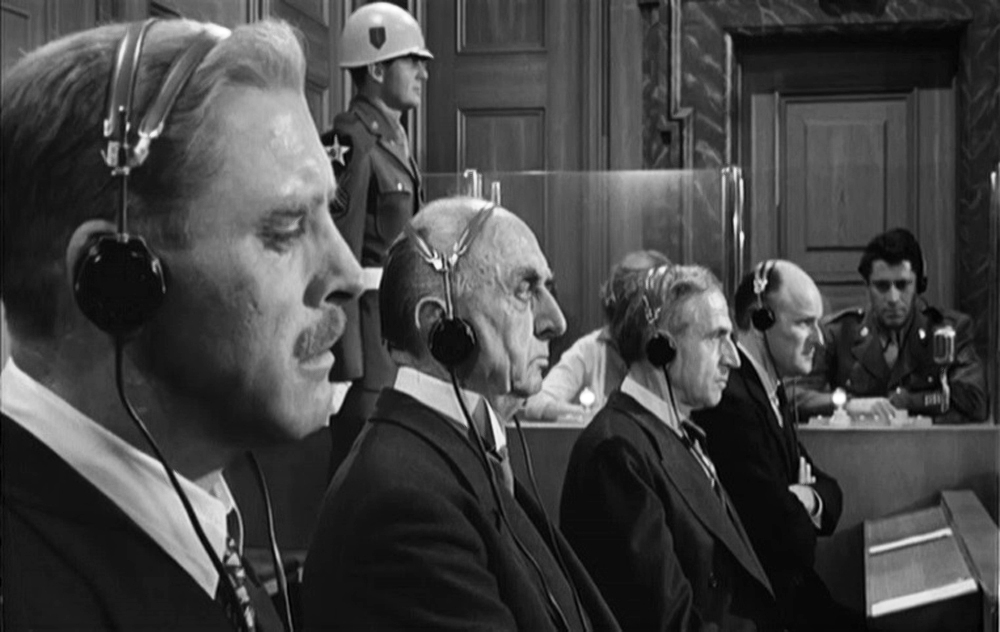
Stanley Kramer’s 1961 film, Judgment at Nuremberg, focuses on the trial of Ernst Janning, a fictional German jurist accused of crimes against humanity in one of the Nuremberg Military Tribunals that occurred following World War II. But the film isn’t just interested in examining Ernst Janning’s guilt, but the collective knowledge and guilt of the German people (defense attorney Hans Rolfe argues that exact sentiment in his opening statement).
The periodic examination of the German people’s guilt through Judge Dan Haywood’s daily interactions with others is equally as fascinating as the trial scenes. He casually asks a German couple about what life was like under the Nazi regime, only to be met with nervous and deflecting responses from the couple about how they were “not political” and knew nothing about it. “And even if we did know…what could we do?” asks the husband defensively.
Tim Keller once summarized Romans 1:18, saying: “We know, but we don’t know, because we don’t want to know.” While it may seem to be a confusing statement, this summarizes a powerful explanation of how humans (such as those seen in the film) “by their unrighteousness suppress the truth.” In reality, no matter how small or large a part we’ve played in the crimes and sins of the world, we all have sinned, and Judgment at Nuremberg places an uncomfortable lens on our hearts, on our actions and inactions, and asks what punishment a just jury – or a just God – should place on us as both criminals and as willing bystanders. And only by understanding our part in the “crime” and the punishment we deserve can we begin to understand the gift of salvation and mercy offered to us through Christ Jesus. — Christian Jessup, 2024 (A Cloudy Picture)
Arts & Faith Lists:
2024 Top 25 Crime and Punishment Films — #16